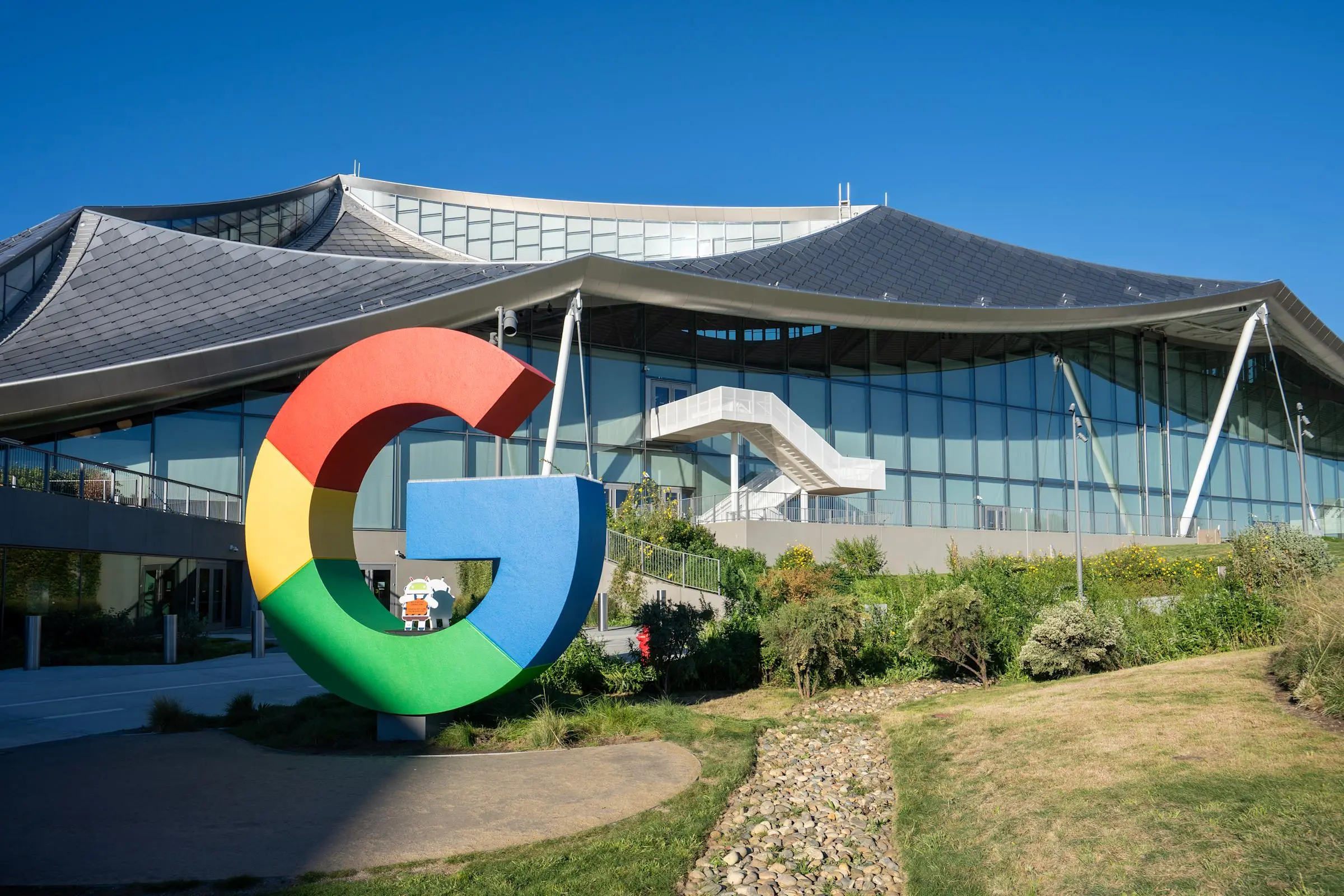The tech community was shocked to hear that Google would pay Texas $1.4 billion to settle privacy lawsuits. People often think of Google when they think of the internet, which is a place to find information, make connections, and do things easily.
This historic settlement, however, serves as a reminder that even the biggest corporations are answerable for how they handle our most personal data.
The Heart of the Lawsuit: What Was at Stake?
The roots of this case stretch back to 2022, when Texas Attorney General Ken Paxton filed lawsuits accusing Google of unlawfully tracking and collecting users’ private data. The allegations were sweeping:
- Geolocation Tracking: Google allegedly tracked users’ physical locations even when they believed location services were off.
- Incognito Mode Misrepresentation: The company was accused of collecting and storing data from Chrome’s Incognito mode, despite users’ expectations of privacy.
- Biometric Data Collection: Google faced claims that it captured and used biometric information—like voiceprints and facial geometry—without proper consent, particularly through services like Google Photos and Google Assistant.
Paxton’s office described the company’s actions as “secretly tracking people’s movements, private searches, and even their voiceprints and facial geometry through their products and services.”
How does this compare to other settlements?
In comparison, the $1.4 billion amount is by far the largest amount that any state has ever obtained from Google for privacy violations.
Previous state settlements rarely broke the $100 million mark, and even a 40-state coalition managed only $391 million collectively.
For comparison, Texas recently reached a similar $1.4 billion settlement with Meta (Facebook’s parent company) over biometric data misuse.
| Settlement | Company | Amount | Focus |
|---|---|---|---|
| Texas (2025) | $1.4B | Geolocation, Incognito, Biometrics | |
| Texas (2024) | Meta | $1.4B | Biometric Data |
| 40-State Coalition | $391M | Location Tracking | |
| Illinois (2020) | $650M | Facial Recognition |

Why did Google settle, and what changes?
Google maintains that it did nothing wrong and that the settlement “addresses a raft of old claims, many of which have already been resolved elsewhere, concerning product policies we have long since changed.”
Google is not obligated by the agreement to acknowledge misconduct or alter its products in any way. The company says it has already updated relevant privacy controls and policies.
From a user perspective, this means you’re unlikely to see immediate changes in how Google’s products work. However, the settlement sends a clear message: regulators are watching, and the era of unchecked data collection may be ending.
Key Insights: What this means for everyday users
- Growing Accountability: This record-breaking settlement signals that states are willing to take on tech giants—and win. Regulators are becoming more aggressive in enforcing privacy laws.
- Transparency and Trust: For years, users have trusted Google with their most sensitive data. This case highlights the importance of clear, honest communication about what happens to that data.
- No Immediate Product Changes: While Google says it has already improved privacy controls, the settlement itself doesn’t mandate new features or disclosures. Users who manage their own privacy settings must continue to be watchful and proactive.
Google has always been convenient, but I’ve always been concerned about the trade-offs as someone who uses it every day for search, navigation, and even photo storage.
This settlement serves as a reminder that even well-known companies can go too far. It’s a reminder to regularly review privacy settings, use Incognito mode wisely, and stay informed about how our data is used.
Final words
Google’s $1.4 billion payout is more than just a headline—it’s a turning point in the ongoing debate over digital privacy. As states flex their regulatory muscles and users demand more transparency, tech companies will face increasing pressure to prioritize privacy by design.
Will this settlement change the way Google and its peers handle our data? Only time will tell. For now, it’s a powerful reminder: in the digital age, privacy is not a given—it’s something we must fight for, together.






